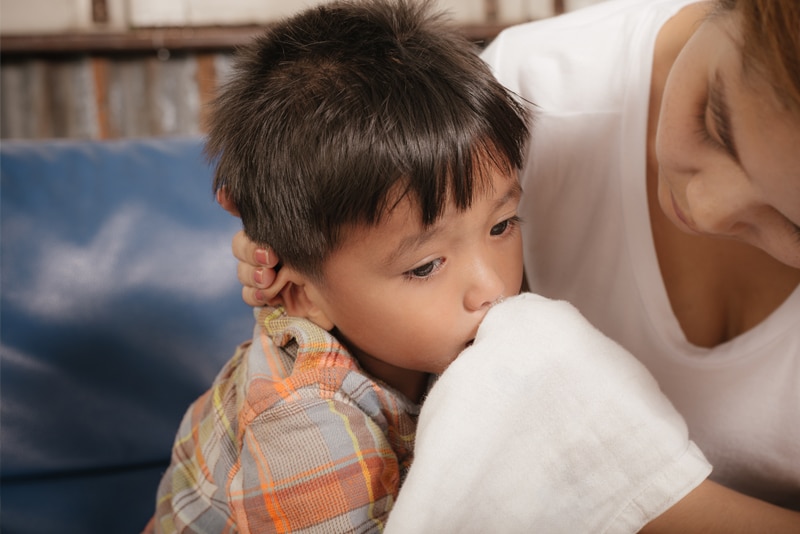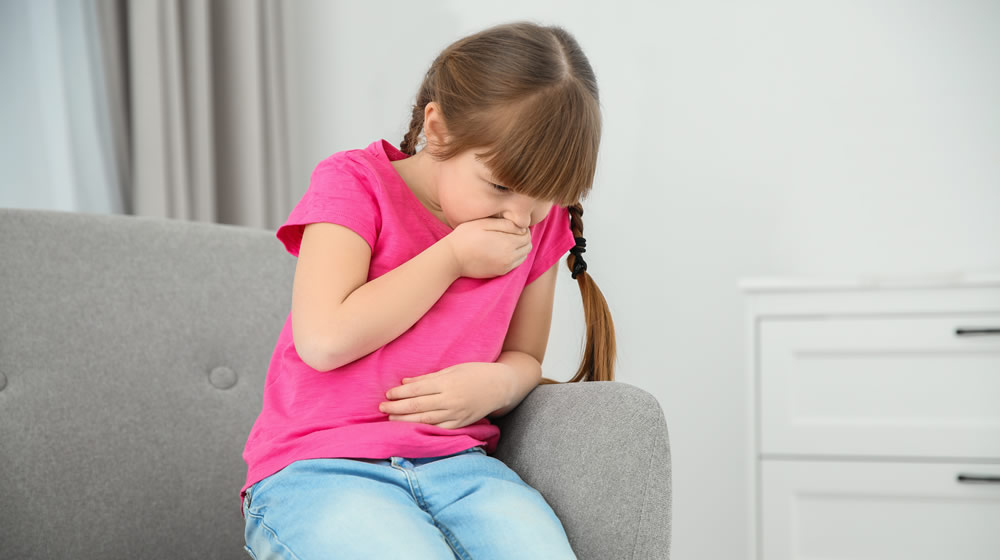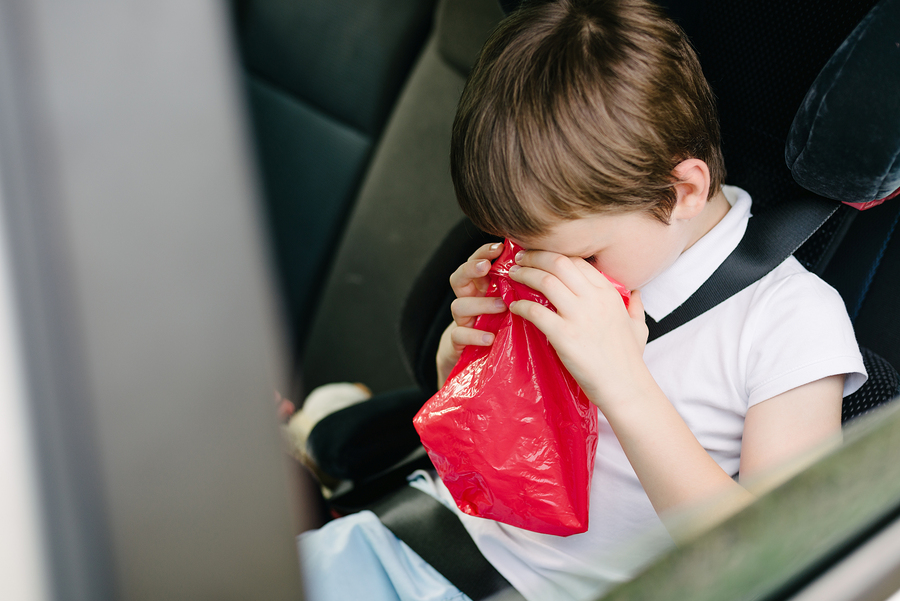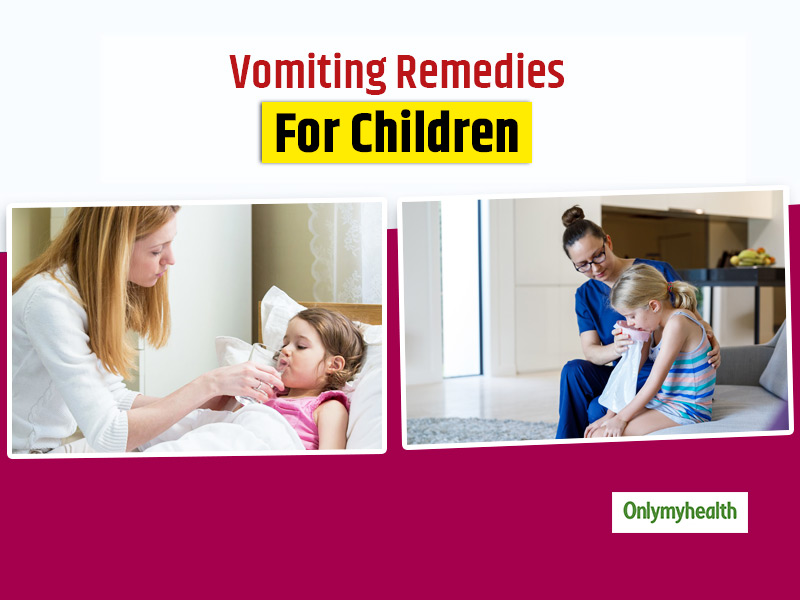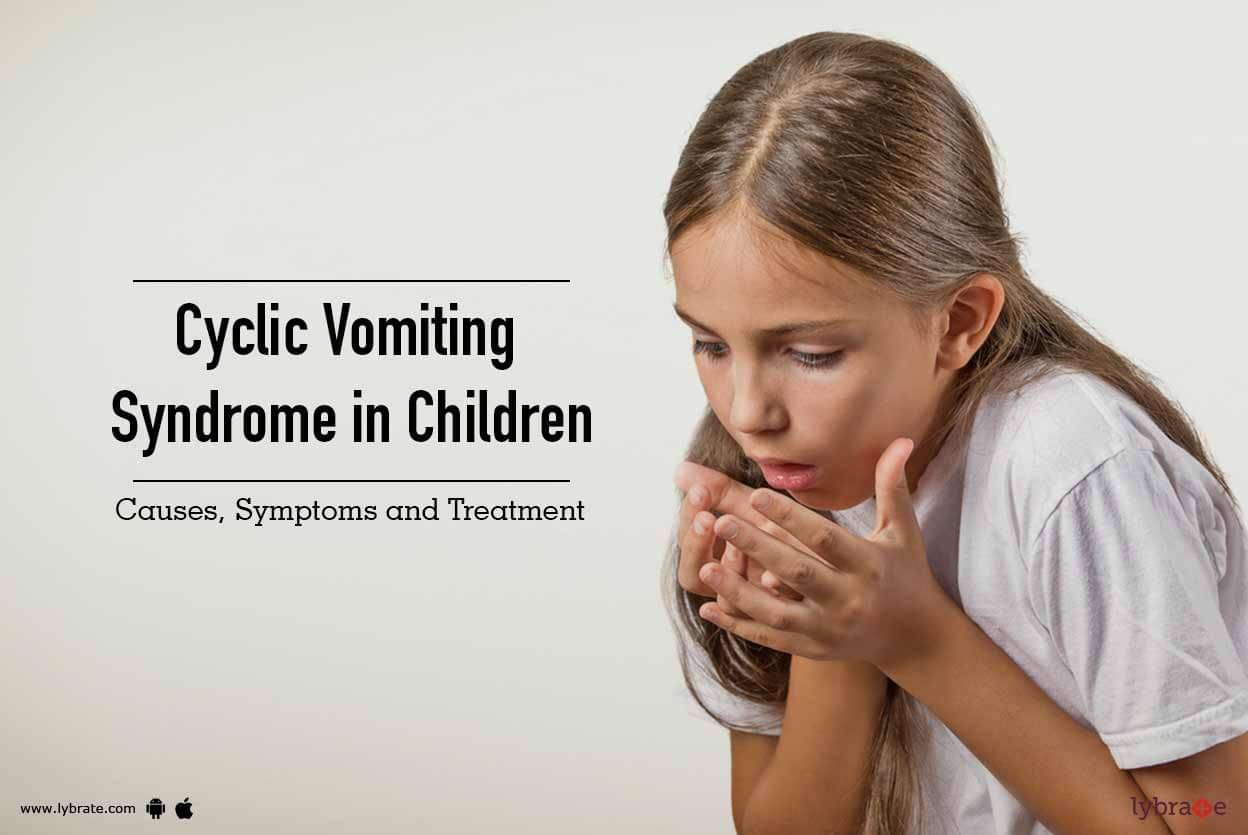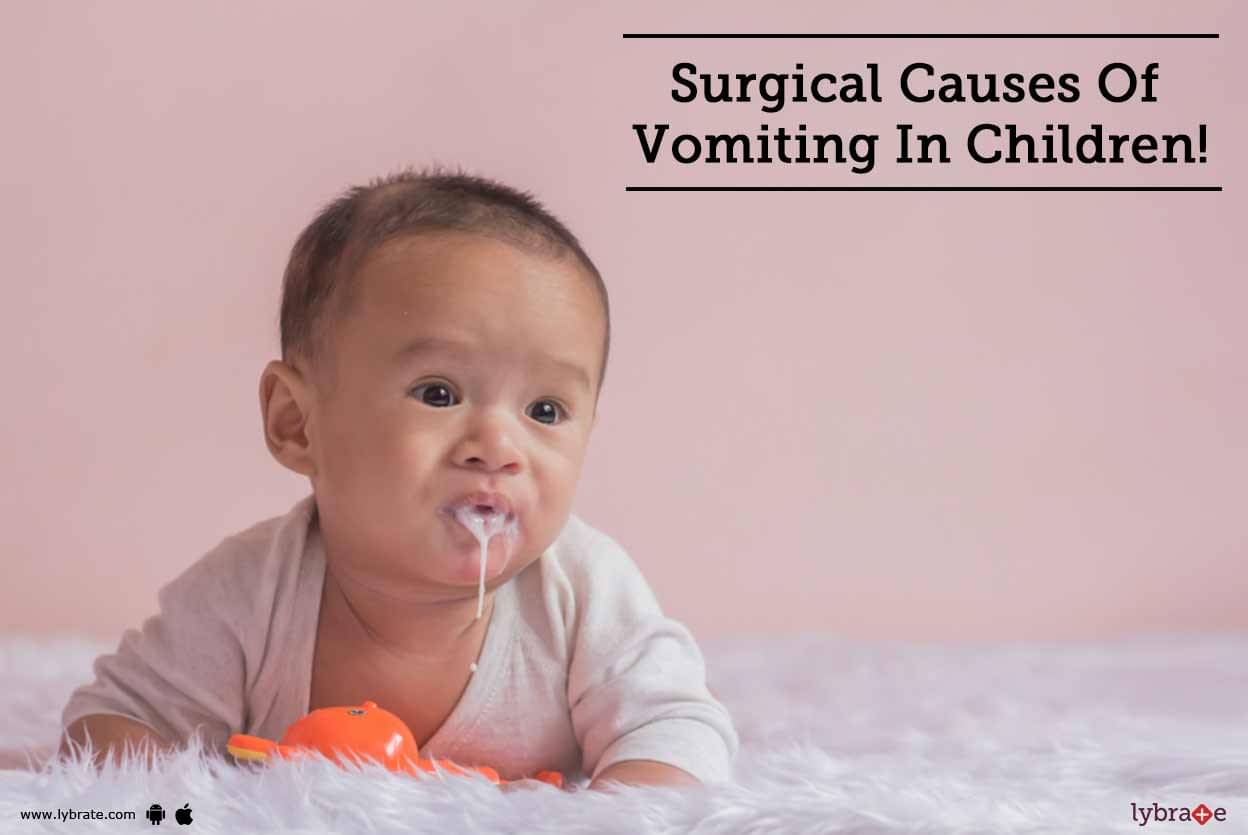Underrated Ideas Of Tips About How To Ease Vomiting In Children
/151327789-56a179d85f9b58b7d0bfaa85.jpg)
Contains blood or greenish material
How to ease vomiting in children. For infants, you can start by dispensing a single teaspoon of fluid in a syringe, rather than a spoon or cup. As they begin to tolerate this, increase the amount of fluid gradually. But vomiting that lasts a long time or occurs with severe.
Resting, slowly introducing water (and later, bland foods), and using natural remedies like ginger tea are all helpful suggestions for how to stop throwing up and ease nausea. Try ice chips, sips of water, sports drinks, or oral rehydration solutions like ceralyte, enfalyte, or pedialyte. Appendicitis appendicitis produces intense stomach pain that.
You may be able to help reduce nausea and vomiting by eating a bland diet or taking medication or herbal supplements like ginger. In infants, vomiting must be distinguished from spitting up. Your child is vomiting and:
A child with a stomach infection also may have other symptoms. Don't feed milk products or solid foods to a child who has been vomiting. If vomiting lasts longer than 12 hours for infants, take them to the doctor.
Phone 999 or go to a&e if: Evaluation treatment key points nausea is the sensation of impending emesis and is frequently accompanied by autonomic changes, such as increased heart rate and salivation. Age factors they may struggle to articulate how they feel.
While they aren't guaranteed, they can give your stomach a chance to settle, reducing the likelihood of you vomiting again and becoming dehydrated. Diarrhea may last for a few days or more. This is also commonly seen in children who suffer from acid reflux.
Children who are breastfed should continue receiving breast milk. These may include diarrhea, fever, and stomach cramps.
The majority of vomiting episodes in children are due to viral gastroenteritis, and can be treated with home care, as long as the child does not have dehydration or is a baby under 6 months. If your child vomits, wait 30 minutes and then try again. After your child has gone one hour without vomiting, offer a frozen pop.
With home treatment, the vomiting will likely stop within 12 hours. Spitting up may occur because infants feed rapidly, swallow air, or are overfed, but it may occur for no. After they vomit, start with a small amount:
Consuming enough fluids can help prevent dehydration and replace the liquids,. Vomiting (throwing up or being sick) is unpleasant but isn't normally harmful. Seek emergency medical care if your infant is vomiting very forcefully (projectile vomiting).

